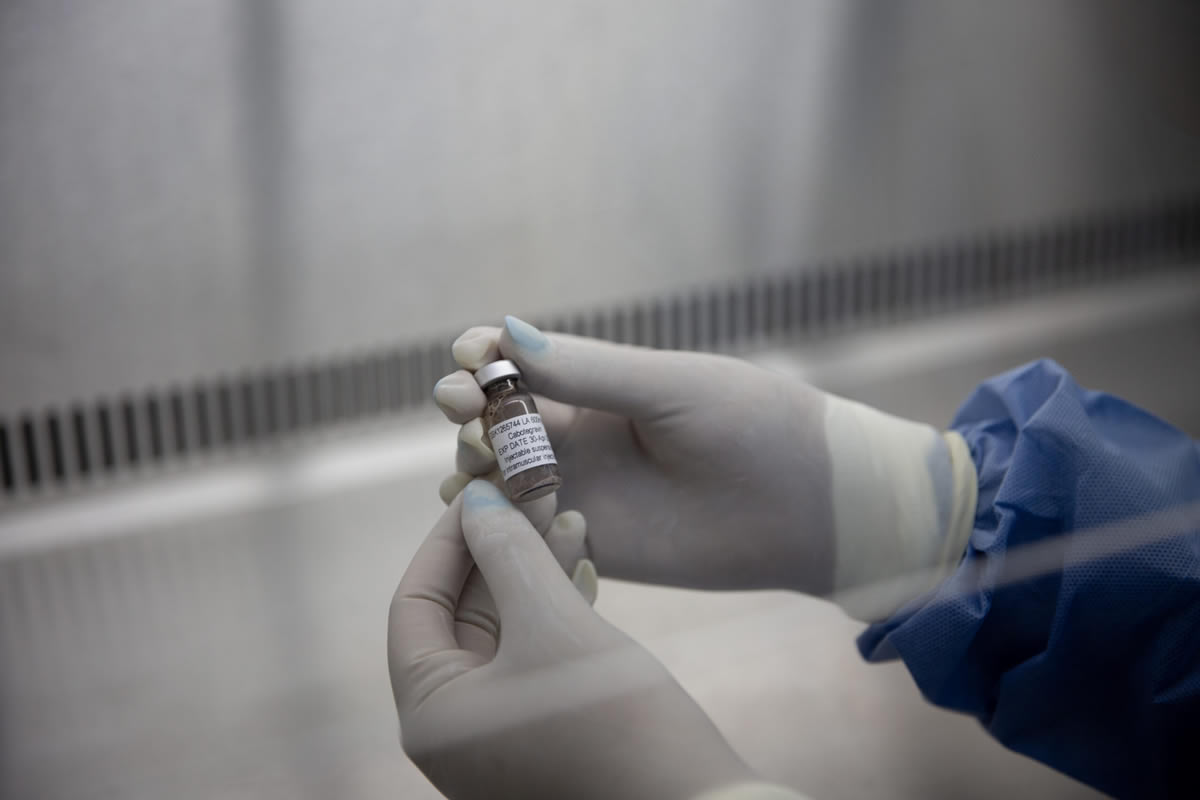© Copyright Bhekisisa Centre for Health Journalism | Privacy Policy | Terms and Conditions | PAIA Manual
Yes or no? Here’s what SA says sexual consent means
From kissing to final base, people have to say yes before you can go on. We asked people in South Africa what consent means to them, and what influences their decisions.
Twenty things you need to know about how to prevent HIV with a pill
Need to know more about PrEP? Mia Malan talks to Dr Kevin Rebe to answer your questions.
Why your toilet water is turned into drinking water — and which provinces get...
Is the water in your tap safe? What about cleaning that in storage tanks? In this Health Beat interview, Mia Malan speaks to environmental scientist Ayesha Laher about the state of South Africa’s water systems, how you can test your water for germs and what you should do if your water isn’t clean.
Street vendors, vetkoeks and Cokes: ‘The food tastes good and is cheap’
About one in five teens in South Africa are overweight or have obesity, with eating unhealthy foods being a big part of the problem. But changing policies to make cities healthier can help school kids eat better — and set them up for a healthier future. Cape Town is part of a project to do this.
Our most-read stories of 2023
Before the festive season kicks off, take a look at Bhekisisa’s most-read stories of 2023.
HIV treatment in SA is changing. Here are 7 things you need to know
The HIV drug dolutegravir is the star of new treatment guidelines from the government and the Southern African HIV Clinicians’ Society. From 2023, the medicine will be the go-to drug in all treatment plans — for infants, children and pregnant women.
#COP28: The spread of HIV has slowed down over the past 30 years. Will...
Experts at COP28 have warned that the climate crisis threatens to put us back in the fight against HIV. Floods and droughts will make it harder to adhere to daily treatment and to access HIV prevention medication, and will increase the demand for transactional sex.
A huff and a puff: Could nicotine pouches put an end to smoking?
Dive into the world of "upper deckys" and "Zynbabwes”. Nicotine pouches have sparked a global sensation, hailed by some as the future of tobacco cessation. Yet, behind the catchy nicknames and promises of harm reduction lie the exploitation of legal loopholes and questionable science. What’s really the deal?
Floods, food and families: Why climate change makes eating well harder
Even though there is enough food in South Africa to feed the whole country, not everyone can access that food. Women-headed homes are especially hard hit when it comes to hunger, and as weather patterns change because of global warming, this could worsen. Will political parties in the upcoming election care?
How dirty is Hammanskraal’s water? Very, experts say
Findings from an investigation into the cholera outbreak in Hammanskraal north of Pretoria revealed on Wednesday that the germ is not in the township’s tap water — but it is in a river close by. How will this be fixed?
‘It’s bleak’: What a future with dirty water looks like
As extreme weather events such as storms and floods linked to climate change disrupt water and sanitation systems, we can expect to see diseases like cholera, which spread through dirty water, pop up more often — and affect more people. In this interview for Bhekisisa’s monthly TV show, Health Beat, Mia Malan spoke to infectious diseases expert Tom Boyles about the link between climate change and disease outbreaks.
#AIDS2016: ‘Blessers’ are the engine behind the rapid spread of HIV in young women
Blessers' form a crucial link in a cycle of HIV transmission that South Africa has not been able to break.
A ‘malaria emergency’ is in the making. Here’s why
Last week, at the United Nations General Assembly, African leaders warned that the world faces a “malaria emergency” because mosquitoes are getting smarter, drugs are getting weaker, funds are getting less and the climate is changing.
Should nurses be allowed to hand out psychiatric drugs?
People with HIV have a big chance of battling with mental health problems. At the moment though, only doctors can prescribe psychiatric medicines. Could getting nurses to do this too help people with HIV to stay on their treatment, and so get infection rates down? Mia Malan finds out from a doctor who’s lived through HIV with his patients for the past 20 years.
Can taking two pills a week slow down TB in South Africa? There’s a...
Not only does South Africa have one of the highest rates of tuberculosis in the world, the disease is also the country’s number one killer. With the country’s new national guidelines, more people will be able to get pills to prevent TB, which is part of the government’s plan to curb infections.
Why 32 000 SAns could die if we don’t switch to greener power earlier
South Africa needs to produce more electricity to end loadshedding. But at the same time we also need to move away from coal-fired power to fight global warming. In this tug-of-war, people who live close to power stations will keep falling ill from breathing in dirty air.

















